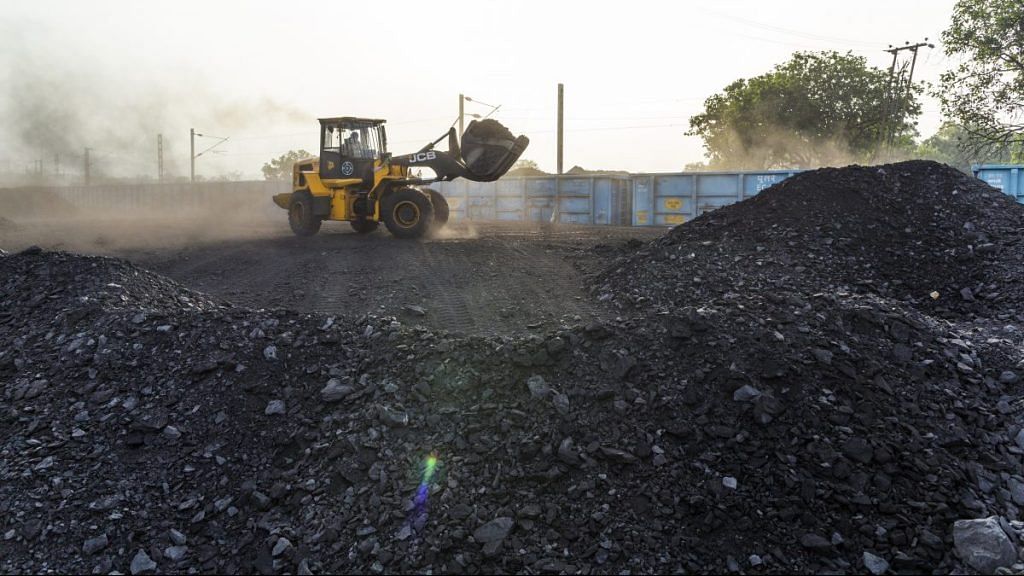Despite being castigated and pilloried over the years, India’s IAS officers have performed well.
Should Harish Chandra Gupta have been convicted in the coal scam? Absolutely not. Then why was he punished? What was his fault? What went wrong?
It all started with the hype created around the Comptroller and Auditor General’s (CAG) report that red-flagged the coal block allocations and the subsequent intervention of the Supreme Court. Posterity will determine whether it was actually a “scam” of the scale it was made out to be, a “tsunami” the swept the good, the bad and the ugly.
Speak to anyone who was associated with H.C. Gupta (former coal secretary), K.C. Samaria (ex-director in ministry of coal) or K.S. Kropha (ex-joint secretary in ministry of coal) and the unanimous response would be that they belonged to the first category, the category of the “good” in any sense of the term.
Also read: Parliament amends anti-corruption act: Will it weaken the law or restore fairness?
If that be the case, then why are they suffering? They are suffering on account of a legal provision (Section 13.1.d. of the Prevention of Corruption Act) that was subsequently found to be “unjust” and was amended. However, H.C. Gupta (a 1971-batch IAS officer) and other officers have been penalised under the law that existed at the time when the purported “crime” happened. Admittedly, there was no mala fide yet these officers were nailed.
Now, let us understand whether it was a “crime” at all. Certain sets of “facts” and documents came before a committee that was chaired by H.C. Gupta. Some of the documents provided incorrect information. These errors were not apparent on the face of the documents presented to him. The committee accordingly made recommendations, which were accepted at an “appropriate level”. This “appropriate level”, the decision-making authority, was privy to the same set of information that the committee headed by H.C. Gupta had. All this raises a few questions that need answers.
Was it practically possible to verify all the facts that came before the committee? Won’t administration come to a grinding halt if all committees of the government start verifying the facts that come before them? If, for the sake of argument, H.C. Gupta and the two other officers are held liable, why shouldn’t the other members of the committee be held equally liable? Why shouldn’t the higher “level” that took the final decision be also held liable?
Also read: There was a telecom scandal. A big one. But someone forgot to tell the judges.
What has happened will impact decision-making in the government deeply. Officers will become averse to expressing their views on the files. Ultimately, governance will suffer. Bureaucracy is an instrument which enables governance. Despite being castigated and pilloried over the years, India’s IAS officers have performed well. The bureaucracy hasn’t withered away. It is not likely to wither away in future either. IAS officers’ contribution is rarely recognised, especially when it is rendered amid very trying set of circumstances:
मुक्तसर सी जिंदगी के अजब से अफसाने है
यहाँ तीर भी चलाने हैं और परिन्दें भी बचाने हैं
(The story of this short life is such that one had to shoot arrows as well as save the birds).
Such decisions will make even routine tasks difficult because civil servants will have the apprehension of being hauled up even when there is no mala fide. Playing safe had been the hallmark of some bureaucrats. Many more will join them. An extremely unfortunate development.
The author is a retired civil servant and former secretary in the government of India.
